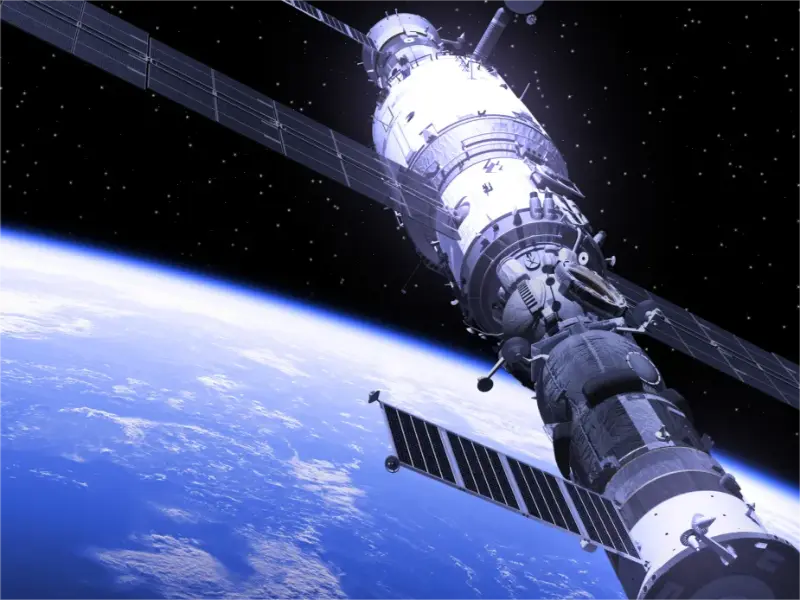- Neuraspace has added a second optical telescope in Chile to enhance satellite tracking capabilities in the Southern Hemisphere.
- The addition will help Neuraspace meet the growing demand for space debris tracking amid increasing satellite traffic.
What happened: Neuraspace adds new telescope in Chile
Space debris tracking specialist Neuraspace has added a new optical telescope in Chile to enhance satellite tracking capabilities in the Southern Hemisphere. This telescope, resembling an observatory on top of a container, complements an existing unit at Beja Air Base in Portugal. Neuraspace aims for the new telescope to capture over one image per second for low orbits, tracking objects as small as 10 cm in diameter. This precision significantly reduces positional errors to less than 100 metres within a single orbital revolution, meeting the 2023 ESA Space Debris Mitigation Requirement. The Beja telescope has already gathered over 300,000 measurements of space objects in various orbits within its first three months. Neuraspace anticipates that the Chilean telescope will be even more productive due to the region’s clear nights, which are crucial for optical observations.
Also read: Empowering remote operations: Emma Sinclair on Marlink’s hybrid satellite networks
Also read: Vega-C successfully launches ESA’s sentinel satellite
Why this is important
The addition of the Chilean telescope marks a significant advancement in space debris tracking, addressing an urgent issue as satellite traffic increases. Neuraspace’s ability to provide timely and precise tracking data is essential for ensuring the safety of both existing satellites and new launches. The growing number of objects in orbit, including satellite constellations like Starlink, raises concerns about collisions and the accumulation of space debris. Neuraspace CEO Chiara Manfletti emphasises that tracking brighter satellites, such as those from Starlink, enhances their capability to maintain accurate catalogues of space objects.
This initiative not only boosts Neuraspace’s autonomy over its services but also strengthens its partnership with Elecnor Deimos to enhance tracking capabilities. As space traffic management becomes increasingly critical, the need for precise tracking systems is paramount. The industry is witnessing a rising demand for effective solutions to manage the crowded orbital environment, making Neuraspace’s advancements particularly relevant. With the launch cadence of satellites continuing to increase, companies like Neuraspace play a pivotal role in mitigating the risks associated with space debris, ensuring safer operations for all space-faring entities.

